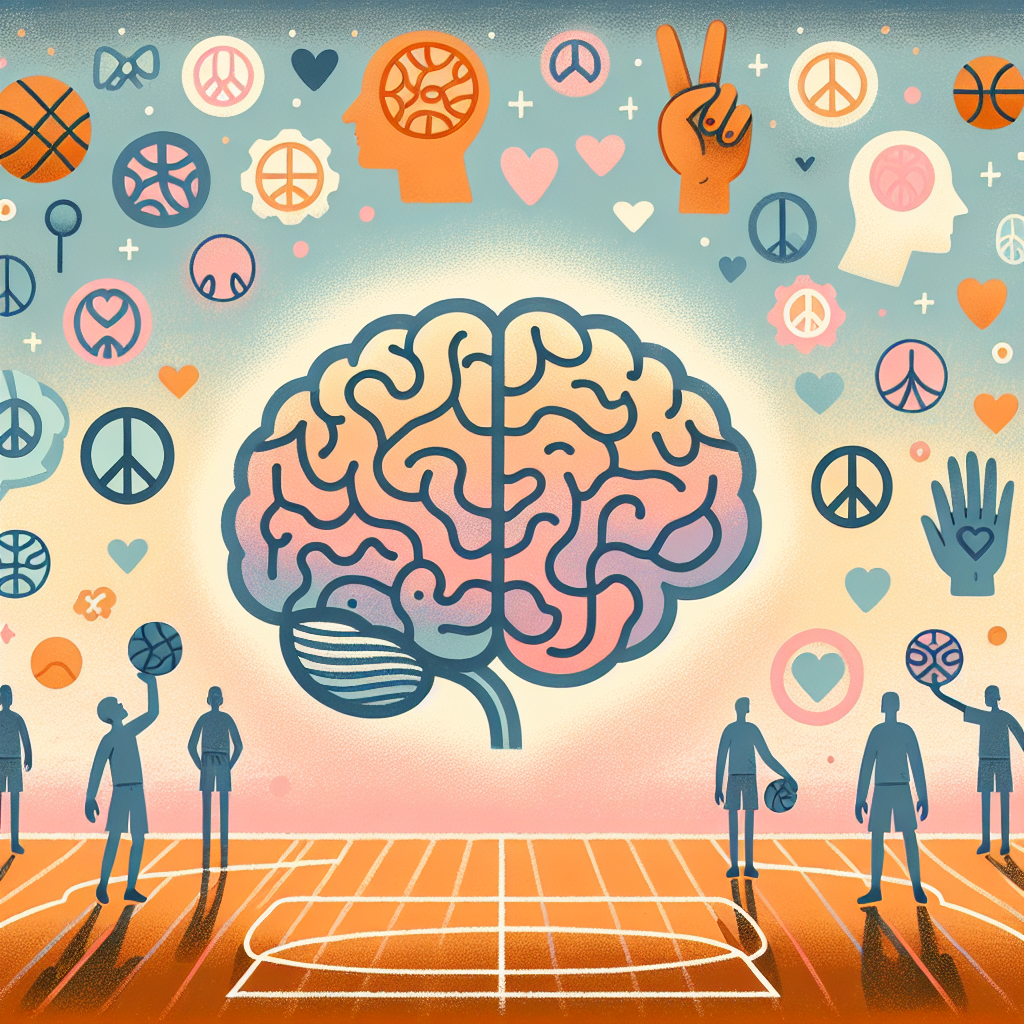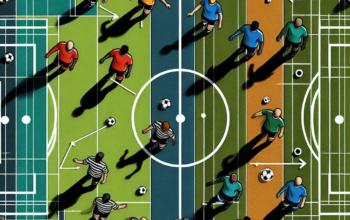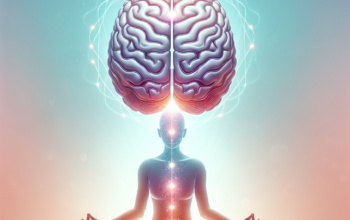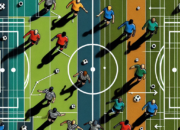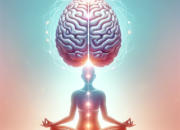The Role of Mental Health in Today’s NBA
In recent years, the role of mental health in the NBA has transcended the traditional confines of sports psychology, becoming a pressing topic for players, organizations, and fans alike. As athletes face immense pressure to perform at the highest levels, coupled with the scrutiny of social media and public expectations, mental health has taken its rightful place alongside physical fitness in discussions about player well-being. This article delves into the pivotal role mental health plays in today’s NBA, exploring its impact on athletes, teams, and the broader sports culture.
Mental Health Awareness in the NBA
The NBA has made significant strides in mental health awareness over the past few years. Players like Kevin Love and DeMar DeRozan have bravely spoken out about their personal struggles with anxiety and depression, helping to destigmatize mental health issues within professional sports. Their advocacy has prompted the league to implement programs aimed at providing resources for players who might be facing these challenges. Teams have started to hire mental health professionals, integrating them into their overall support systems, which is a game-changer in how athletes approach their mental fitness.
Moreover, the NBA’s collective bargaining agreement has evolved to include mental health provisions, ensuring that players have access to therapy and support services. By acknowledging that mental health is just as crucial as physical health, the league sends a powerful message: it is okay not to be okay. This newfound awareness has led to a cultural shift where players are encouraged to prioritize their mental well-being, leading to greater openness about mental health struggles and a supportive environment for those in need.
The Impact of Mental Health on Performance
Mental health plays a directly proportional role in an athlete’s performance. Research has shown that psychological well-being significantly influences an athlete’s physical capabilities, decision-making, and overall productivity on the court. For example, a player struggling with anxiety may find it difficult to focus during critical game moments, potentially affecting the team’s outcomes. Conversely, players who prioritize mental health, utilizing tools like mindfulness and therapy, often report enhanced focus, resilience, and performance levels.
Moreover, the NBA season, which stretches over several months with numerous high-pressure games, takes a toll on athletes. The mental fatigue resulting from continuous travel, media obligations, and the relentless pursuit of victory can lead to burnout and decreased performance levels. Recognizing this, many teams now incorporate mental skills training sessions into their regular training regimens, focusing on stress management, visualization, and emotional regulation techniques to help players stay in peak mental condition throughout the demanding season.
Team Support Systems for Mental Wellness
Understanding that individual mental health plays a vital role in team dynamics, NBA franchises are increasingly prioritizing holistic mental wellness frameworks. These systems include the integration of psychologists into the team’s day-to-day operations, establishing a culture where mental health discussions are normalized. This proactive approach helps to ensure that players do not suffer in silence and can seek help when they need it most.
Additionally, some NBA teams have started to implement peer support programs, where players can connect with teammates who have faced similar struggles. This creates a camaraderie and understanding that enriches the team atmosphere, fostering a supportive environment where discussing mental health becomes part of the team culture.
Organizations are also developing mental health days, allowing players to take time off to focus on their mental well-being without the stigma of being labeled as weak or unfocused. These initiatives reflect a profound understanding that stability in mental health can lead to a stronger, more cohesive team, yielding better performance on the court.
Community and Fan Dynamics in Mental Health Awareness
In addition to changes within the league, there has been a ripple effect on the community and fan dynamics surrounding mental health. With the NBA having a global audience, outreach about mental health awareness transcends the court and influences societal attitudes. Players using their platforms to advocate for mental health have spurred conversations beyond the NBA, instigating grassroots movements and collaborations with mental health organizations. It shows fans, especially younger ones, that mental health matters, thereby influencing public perception positively.
Moreover, teams are extending their mental health initiatives to engage with fans, hosting events and forums aimed at promoting mental wellness. These outreach efforts can help create a supportive community around mental health, encouraging fans and families to seek help if needed. By aligning the conversations around mental health with their brand, teams not only establish a deeper connection with their audience but also play an essential role in creating an informed and supportive culture.
The Future of Mental Health in the NBA
Looking ahead, the role of mental health in the NBA is expected to continue evolving, particularly with advancements in technology and understanding of mental health issues. Virtual reality and telehealth are becoming more prevalent, providing players with innovative tools to cope with stress and anxiety. With the increasing use of apps focused on mental health praxes, players can access meditation guides, therapy sessions, and breathing exercises tailored to their unique needs anytime.
Moreover, as more players share their stories and speak out about mental health, we can expect further changes in how the league approaches the subject. Education on mental wellness will likely become integral during player development programs, ensuring that young recruits understand the importance of mental health from the onset of their careers. This foresight can create a generation of athletes who are emotionally resilient and equipped to handle the ups and downs of being a professional player.
Finally, as the NBA continues to embrace mental health as a critical component of overall athlete wellness, there is an opportunity for collaboration with mental health professionals, researchers, and organizations. This partnership can pioneer new methods and initiatives that enhance the mental health support structure within the league, setting a benchmark for other sports organizations to follow.
Conclusion
The role of mental health in today’s NBA has become undeniably essential as the league embraces a modern understanding of what it means to be an athlete. With players advocating for mental wellness, teams implementing robust support systems, and the community rallying around creators of awareness, the NBA is positioning itself at the forefront of the mental health conversation in sports. As we move forward into the future, the integration of mental health initiatives will not only benefit players but also foster a broader culture of well-being that extends beyond basketball.
FAQs
What is the NBA doing to support mental health for players?
The NBA is actively incorporating mental health resources, such as hiring mental health professionals for teams, offering mental health days, and advocating for the importance of mental well-being through various programs.
How can mental health affect an NBA player’s performance?
Mental health significantly impacts focus, resilience, and stress management, which are crucial for performance. Players dealing with mental health struggles may experience decreased emphasis on their physical capabilities on the court.
Who are some NBA players that have spoken out about mental health issues?
Players like Kevin Love and DeMar DeRozan have openly discussed their battles with anxiety and depression, helping to destigmatize mental health issues within the league and promoting awareness.
